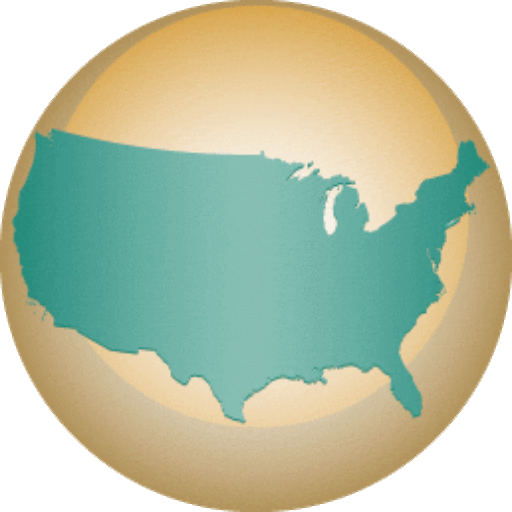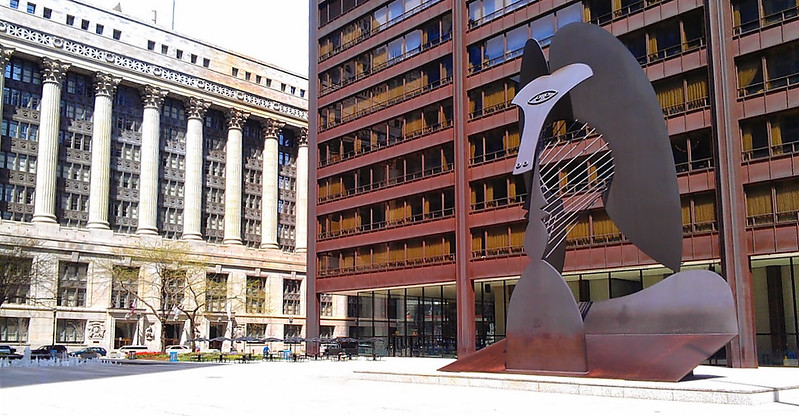Illinois is surrounded by states with lower combined state and average local sales tax rates, according to a report issued by the nonpartisan Washington-based Tax Foundation.
The five states with the highest average combined state and local sales tax rates are Louisiana (9.55 percent), Tennessee (9.547 percent), Arkansas (9.48 percent), Washington (9.29 percent), and Alabama (9.22 percent). The five states with the lowest average combined rates are Alaska (1.76 percent), Hawaii (4.44 percent), Wyoming (5.39 percent), Wisconsin (5.43 percent), and Maine (5.50 percent).
Illinois, however, is not much better. Its combined tax rate is 8.83%, the seventh highest in the country. What’s worse, Illinois is surrounded by states with significantly lower tax rates.
Wisconsin is #43, at 5.43%. Iowa is #28, at 6.94%. Missouri is #12, at 8.25%. Kentucky is #38, at 6.00%. Indiana is #24, at 7.00%.
“Illinois’ high taxes make it uncompetitive with respect to other states in the same area,” said Jim Tobin, economist and president of Taxpayers United of Illinois (TUA). “As a result, Illinois is losing population and large and small businesses—its tax base. The financial outlook is grim, with the state in an economic death spiral due to its out-of-control pension plans for retired government employees. The only way to attract people and businesses back to the state and save it from going under is to lower taxes, making the state more attractive for investors.”






